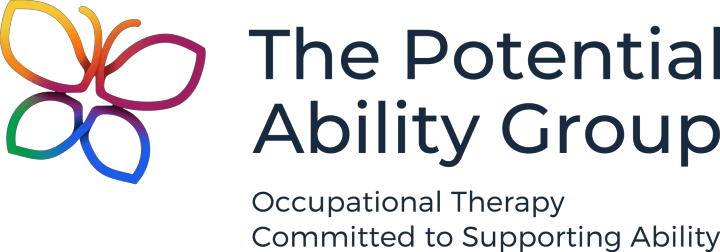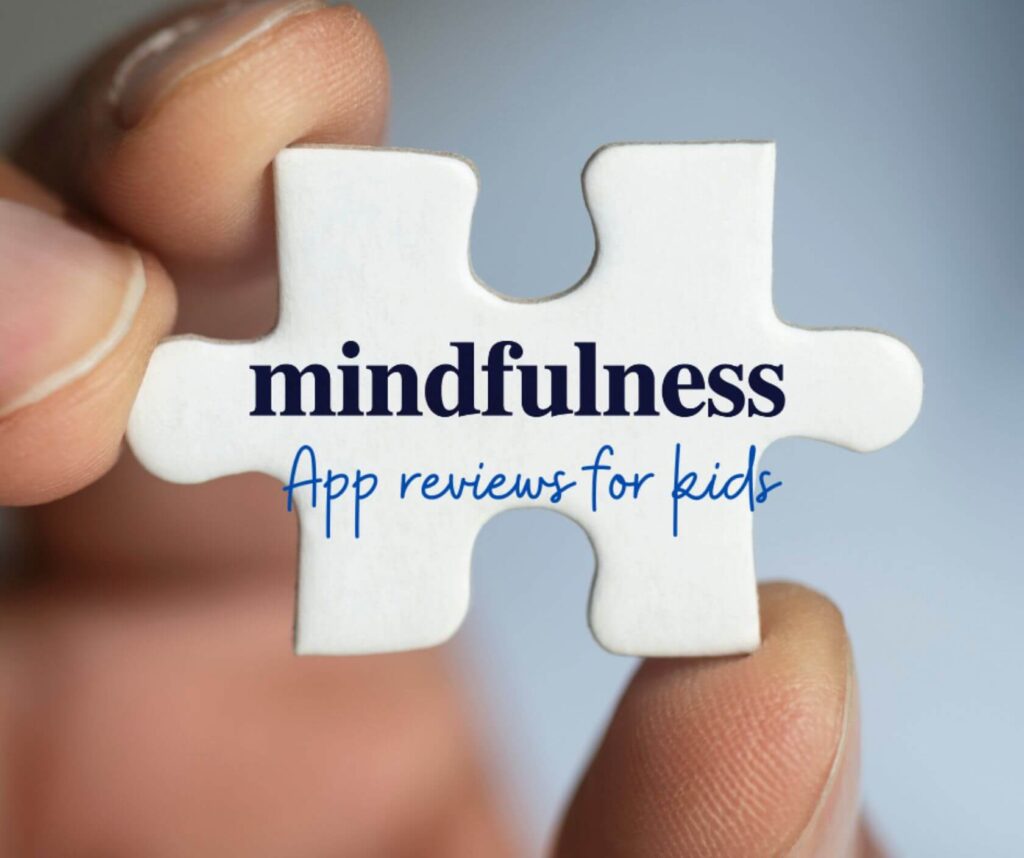We hear a lot from health experts, wellness coaches and the media about mindfulness and its benefits. With an increased push for mindfulness in schools, how can parents help their children further develop mindfulness skills for their wellbeing?
Immediate OT and Allied Health Assistant Availability in Southern Adelaide, Hills & Strathalbyn Regions – Contact Us.

